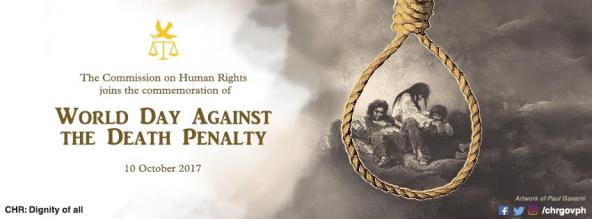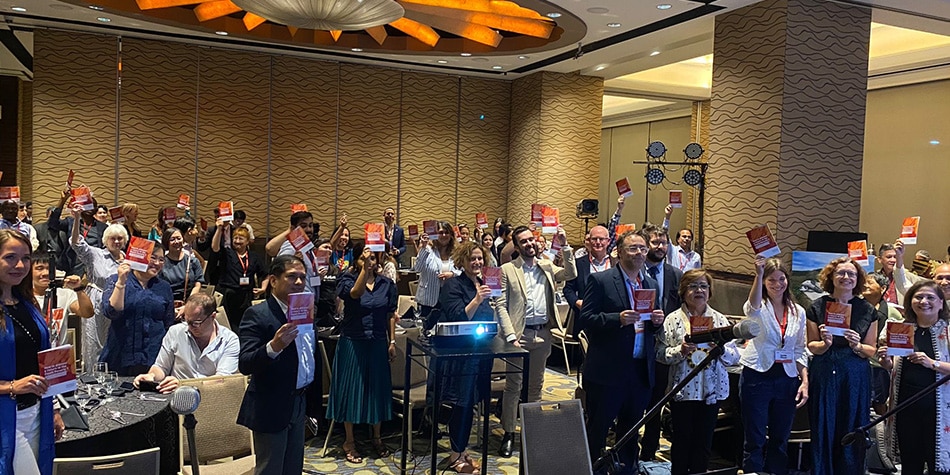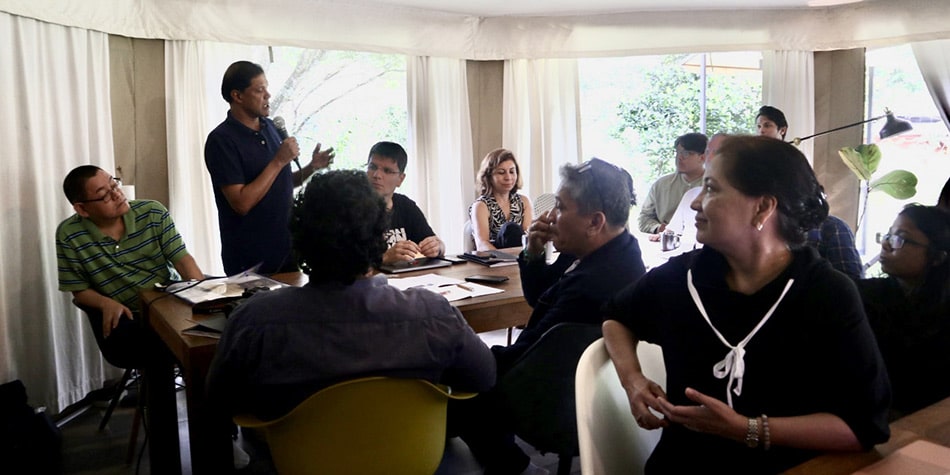
The Commission on Human Rights of the Philippines launches a campaign against the reinstatement of the death penalty in the country
World Day
A giant leap backwards
Despite the enactment of “An act prohibiting the imposition of the death penalty in the Philippines” in 2006 and the ratification of the Second Optional Protocol to the International Covenant on Civil and Political Rights aiming at the abolition of the death penalty, President Duterte has manifested his willingness to reinstate the death penalty for drug offenses. This regressive bill aims at eliminating the on-going criminality in the country. In the Philippines, the reintroduction of death penalty has been already used as an answer to rising criminality. Indeed, although the Parliament abolished the death penalty in 1987, capital punishment was reintroduced under Republic Act 7659 in 1993. Abolitionists had to wait until 2006 to see a complete abolition in practice and in law. Therefore, the same abolitionists organizations were bewildered when they heard President Duterte’s commitment to “eradicate the ills of society” with the restoration of the death penalty. This announcement appeared as even more surprising since only 4.02% of people on death row had been convicted of drug related offenses in 2003. These statistics, however, did not prevent the House of Representatives to approve on third and final reading the bill restoring the death penalty in the country.
The Commission on Human Rights of the Philippines takes action.
To counteract the adoption of the bill, the Commission on Human Rights of the Philippines, in partnership with several organizations, has engaged in an awareness campaign. The first step of this campaign was to establish a dialogue with local communities in order to debate about an effective justice system. Legislative advocacy constituted another essential step of this campaign. The Commission and other partners monitored discussions in Parliament and targeted some parliamentarians by providing them social research and guidance notes. The Commission will conduct the country’s first ever comprehensive national survey to examine public opinion on death penalty with the objective of determining the underlying perceptions, motivations and conditions for or against its reimposition.
In addition to this, abolitionists organized media campaigns to raise public awareness for the 15th World Day Against the Death Penalty. Information and education campaigns took place all around the country: The Commission and the Right to Life Network distributed information documents to communities. It also published and distributed a compendium of CHRP’s position papers, advisories and resolutions on the death penalty to serve as resource book and inspiration in abolishing capital punishment in the country. To reach a wide audience, the Commission targeted social media networks: several posts, meme and infographics in partnership with the World Coalition Against the Death Penalty were shared through Facebook.
Finally, the Commission, in partnership with the Australian National University, released “In Defense of the Right to Life: International Law and the Death Penalty in the Philippines”. This study aims at reminding the Philippine government of its legal obligations under international law. Indeed, under international law, a State cannot denounce or withdraw from the Second Optional Protocol. Thus, a reinstatement of the death penalty would be in violation of international law. Finally, the study adds that there is any ability for the Philippines to raise constitutional provisions as arguments against the validity or interpretation of these treaties.
Based on these arguments, the Commission on Human Rights of the Philippines hopes to prevent the reestablishment of capital punishment in the country. Such reinstatement would be a step backward but could also trigger a chain reaction from other nations that have not yet abolished or plans to introduce the death penalty to take the same measures.







